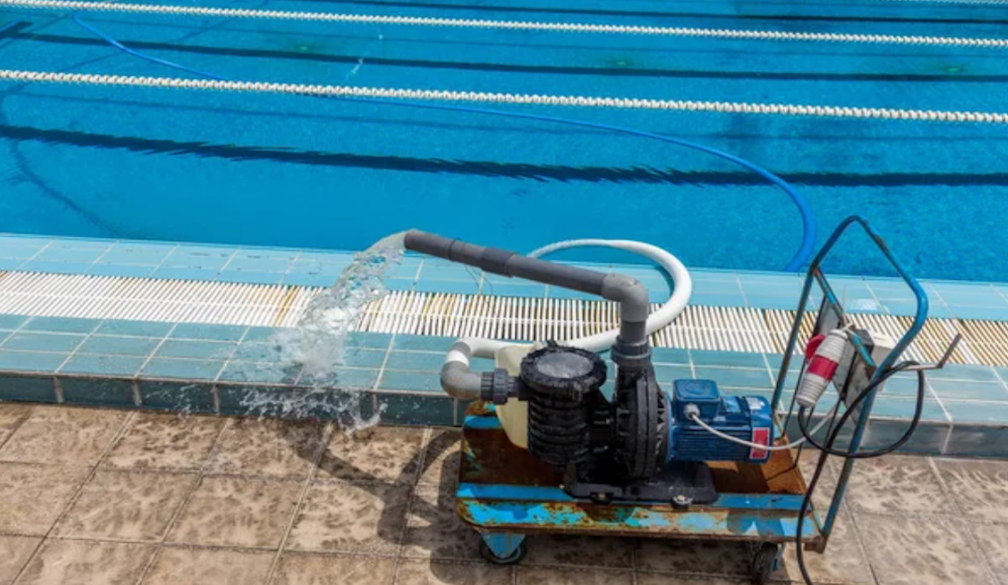Australia's 'A' rating on human rights is under threat with a handpicked, politically engineered commissioner
- Written by Justine Nolan, Professor of Law and Justice and Director of the Australian Human Rights Institute, UNSW
The Morrison government’s handpicked appointment of a new human rights commissioner, Lorraine Finlay, threatens to undermine the independence and legitimacy of the Australian Human Rights Commission itself.
It could also damage Australia’s credibility on the international stage and lead to a downgrading of our commission by the body that serves as a watchdog for human rights commissions around the world.
National human rights institutions are independent, legal bodies established by parliaments, which use the powers of the state to promote and protect human rights.
The maintenance of this independence is critical. Human rights commissions often tread a fine line in ensuring they have support and adequate funding from governments, while also maintaining the ability to freely criticise them.
If these bodies are to do their jobs well, their leaders must be prepared to offend their governments and have the independence to do so.
This is less likely to happen if the senior appointments within the institution are politically engineered, rather than the result of an open and competitive process. The Coalition government has a poor track record on this, and Finlay’s appointment is just the latest example of this.
Guiding principles for human rights bodies
The first independent human rights bodies were established in the late 1970s and early 1980s in New Zealand, Canada and Australia. By the early 1990s, there were about 20 of them around the world claiming to be independent.
The United Nations sponsored the first gathering of these institutions in Paris in October 1991. They drafted and adopted what became known as the Paris Principles, which set minimum standards for national human rights institutions.
Read more: Do we need a new human rights commissioner? Yes, but it's complicated ...
The principles require these bodies to be independent from government. They also highlight the importance of a clear, transparent and participatory process for appointments, which allows for representation from broader society.
As such, the principles became a test for the credibility and legitimacy of national human rights institutions around the world.
One of the greatest challenges for international human rights is not the process of lawmaking but implementation. That’s why the principles are so important — they help ensure these bodies operate independently to hold governments to account.
Australia’s ‘A’ rating is now in jeopardy
Today, there are scores of national human rights institutions around the world, including in countries with dubious human rights records such as Russia and Iran.
Not all of them have been accredited by the Global Alliance of National Human Rights Institutions (GANHRI). This organisation was set up to periodically review and analyse these national human rights bodies to ensure they are complying with the Paris Principles.
Australia’s Human Rights Commission is currently classified as an “A status” institution, meaning it has full participation rights at the UN Human Rights Council (the right to attend and speak up at UN meetings) and can take part in the governance of GANHRI (including voting rights).
Partially compliant human rights commissions are given “B status” and may only participate as observers. They are essentially works in progress. Among the countries in this class are Myanmar, Venezuela, Chad, Libya and Bahrain.
In 2015, Thailand’s Human Rights Commission was downgraded to “B status” for its consistent shortcomings, which included the selection and appointment process of commissioners and serious issues around independence and neutrality.
Australia is due for its accreditation review in early 2022, and its “A status” is now in jeopardy, thanks to its handpicked new human rights commissioner.
A status downgrade can severely damage the legitimacy of the Australian Human Rights Commission and people’s confidence in its long-term ability to effectively protect human rights.
A pattern of political appointments
This is not the first time an Australian human rights commissioner was handpicked by the government. In 2013, the Abbott government sparked enormous controversy by appointing Tim Wilson as commissioner — a vocal critic of the Human Rights Commission and its work.
Following this move, the Australian Human Rights Commission was criticised by GANHRI in its 2016 review for not “following the merit-based selection process”. It said such an
appointment has the potential to bring into question the legitimacy of the appointees and the independence of the [Human Rights Commission].
The next three appointments for senior roles in 2016 were then done in a competitive process, including Ed Santow as human rights commissioner.
However, Finlay’s appointment as the new human rights commissioner, as well as the 2019 appointment of Ben Gauntlett as the disability commissioner, were not conducted transparently. Neither process was open or competitive.
Why this matters
Australia has long been a leader in promoting the Paris Principles, affirming the importance of strong, independent human rights institutions around the globe.
The government should agree to and mandate a legislated appointment process for all senior leadership roles. This is not a radical approach.
When GANHRI criticised Australia in 2016, it expressly called for future selection processes to be transparent and competitive. This process should involve publicising vacancies to maximise the number of potential candidates and promoting broad consultation from the outside community and subject matter experts.
Read more: UN slams Australia’s human rights record
Candidates should also be assessed on the basis of pre-determined, objective and publicly available criteria. And newly appointed commissioners should not be representatives of any other organisations.
An open process that promotes merit-based selection is necessary to preserve the Human Rights Commission’s independence. It is also critical to enabling the commission to do its work both at home and abroad.
If we cannot ensure the process to appoint a human rights commissioner is fair, what does this say about the fate of human rights in this country?
Authors: Justine Nolan, Professor of Law and Justice and Director of the Australian Human Rights Institute, UNSW


















